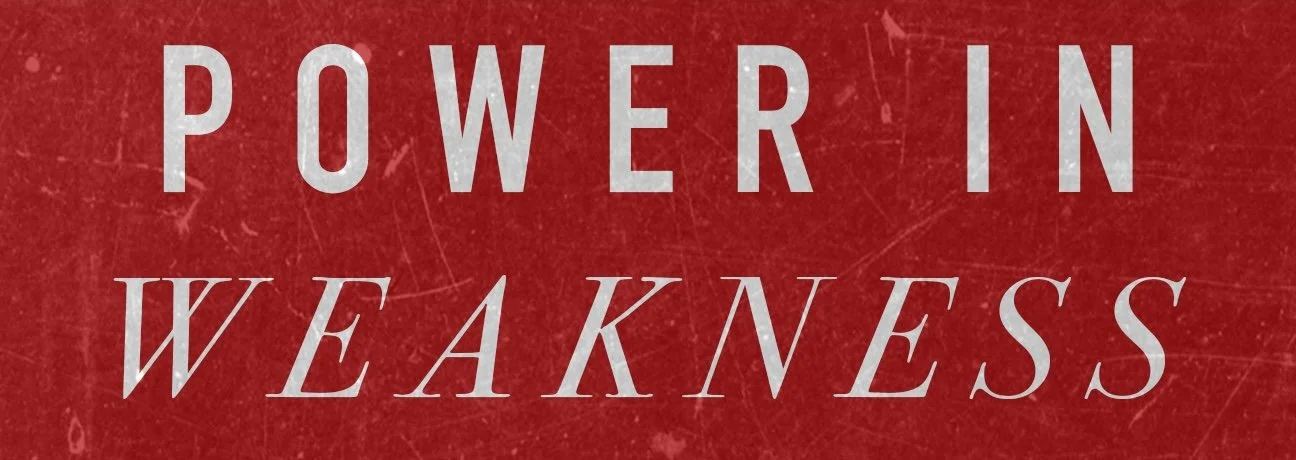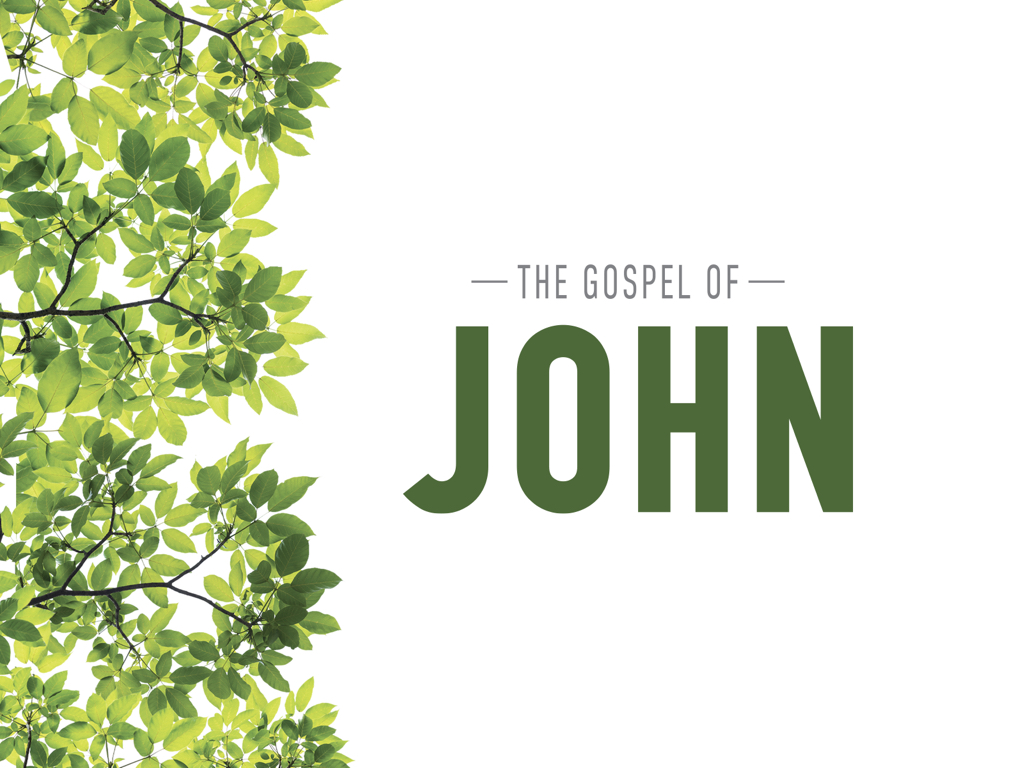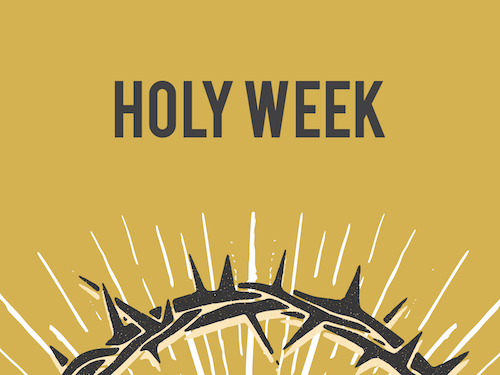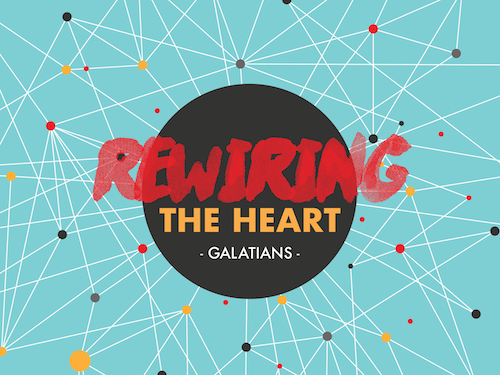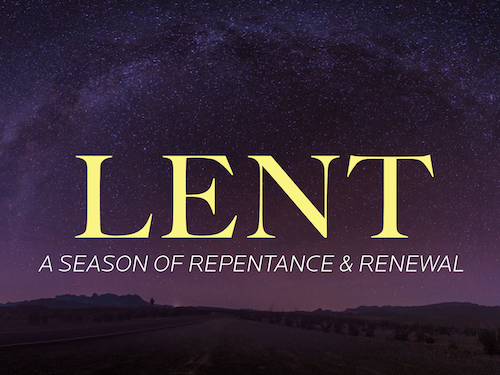“When I am weak, then I am strong,” says Paul the apostle (2 Corinthians 12:10). This is the high point of 2 Corinthians, Paul’s final letter to the church at Corinth. It is also the pervasive theme of the letter. God turns upside-down our intuitive expectations of how the world works.
Throughout this letter, Paul upends the natural Corinthian outlook on life, which is simply the natural universal outlook on life—that the way to joy and comfort and satisfaction is to put oneself forward, be impressive, throw one’s weight around, exercise power and authority, and have one’s needs met. Paul confronts this deeply embedded natural outlook with a theology of the cross, in which serving the needs of others—even at great pain to ourselves—is the path to joy. Just as Jesus taught that a grain of wheat must fall to the ground and die before it bears fruit (John 12:24–25), so this paradoxical truth is the pervasive and unifying theme of 2 Corinthians—a theme rooted in Jesus’ own experience of life through death and strength through weakness (2 Corinthians 13:4).
This letter confronts each of us with the logic of the gospel, a logic that defies our natural inbred intuitions about the way to be happy. In our weakness, we discover the surprising power of God.

